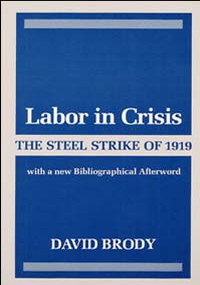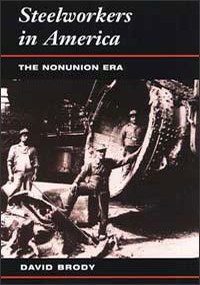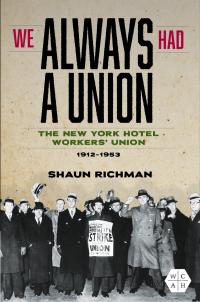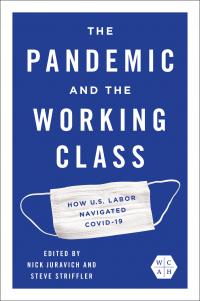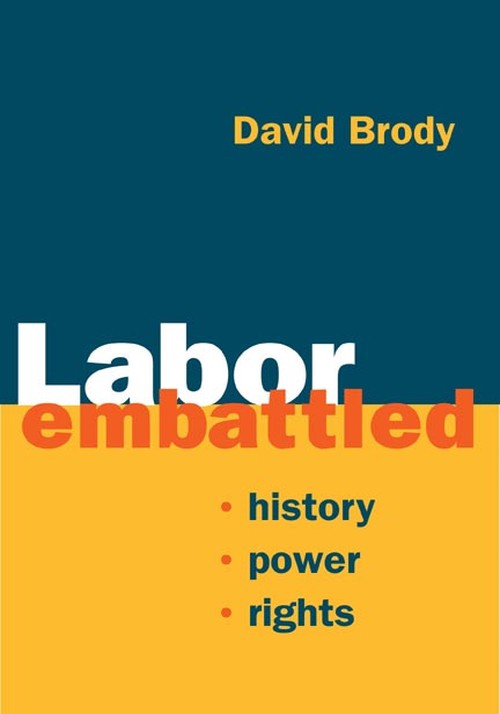
Labor Embattled
About the Book
American unions are weaker now than at any time in the past hundred years, with fewer than one in ten private-sector workers currently organized. In Labor Embattled, David Brody says this is a problem not only for the unions but also a disaster for American democracy and social justice.In a series of historically informed chapters, Brody explores recent developments affecting American workers in light of labor's past. Of special concern to him is the erosion of the rights of workers under the modern labor law, which he argues is rooted in the original formulation of the Wagner Act. Brody explains how the ideals of free labor, free speech, freedom of association, and freedom of contract have been interpreted and canonized in ways that unfailingly reduce the capacity for workers' collective action while silently removing impediments to employers coercion of workers. His lucid and passionate essays combine legal and labor history to reveal how laws designed to undergird workers' rights now essentially hamstring them.
Reviews
"Brody's claims deserve a wide hearing in current political circles, where labor's crisis has been so often ignored."--Washington PostBlurbs
“A revelatory collection from one of our wisest and most influential scholars of labor history, law, and politics. Brody recovers a vibrant American tradition honoring workplace democracy and civil rights. He helps us understand the assault on those rights in the late twentieth century and how history can inform present-day movements dedicated to expanding individual and collective freedom. This is engaged history at its best.”--Dorothy Sue Cobble, author of The Other Women's Movement
